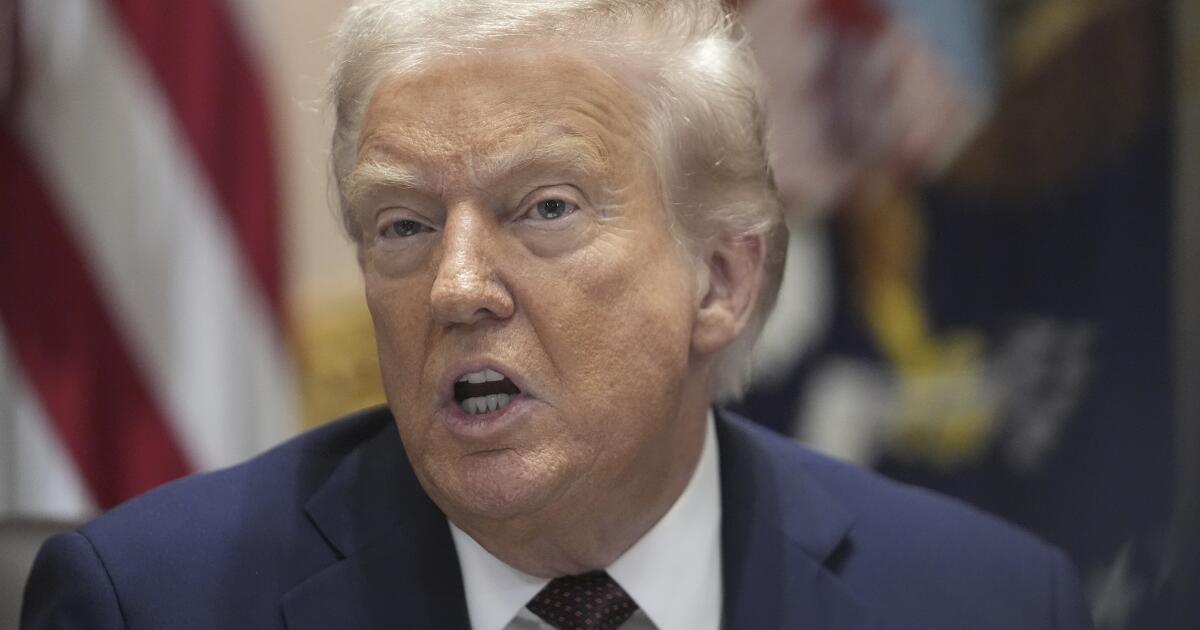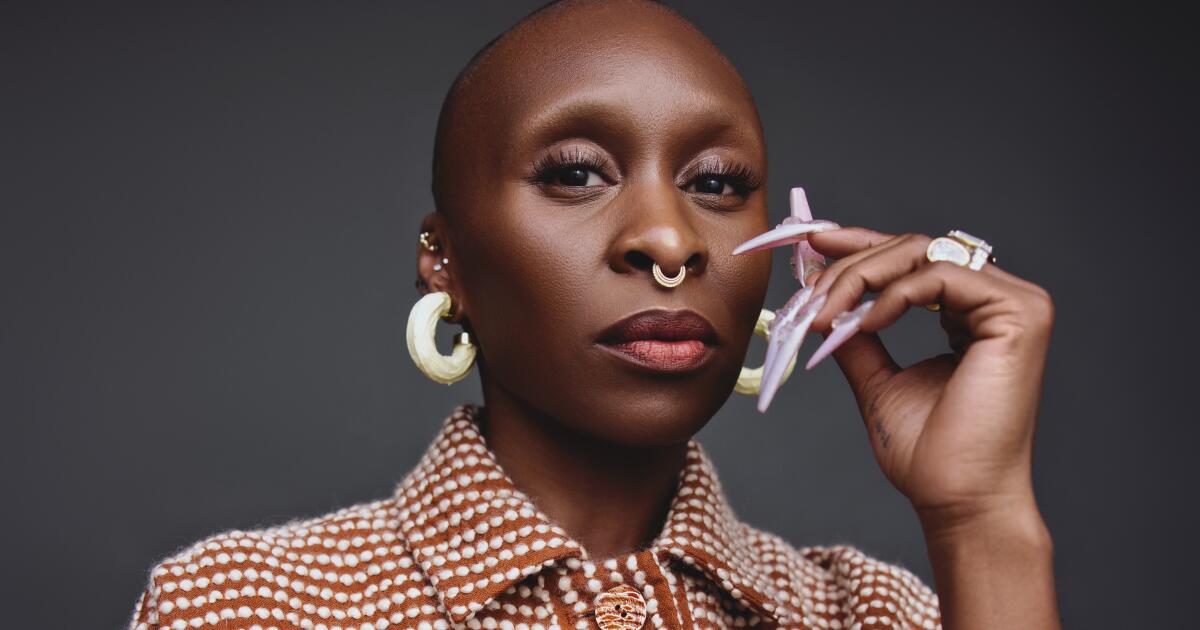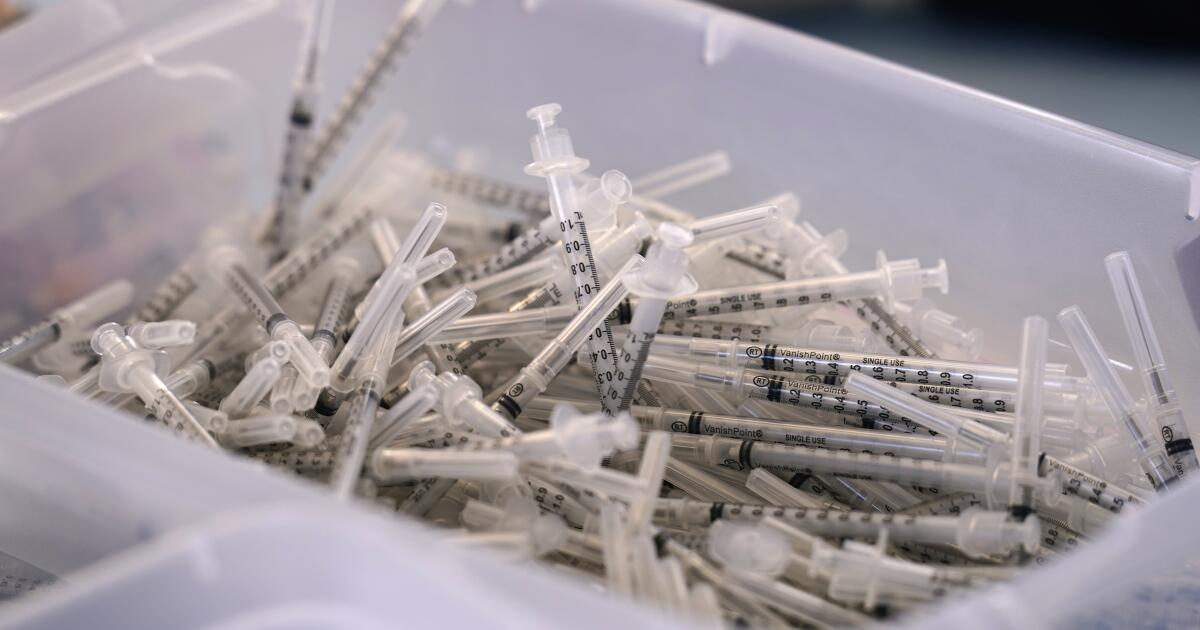Trump blocks $4.9B in foreign aid Congress OK’d, using maneuver last seen nearly 50 years ago
WASHINGTON — President Trump has told House Speaker Mike Johnson that he won’t be spending $4.9 billion in congressionally approved foreign aid, effectively cutting the budget without going through the legislative branch.
Trump, who sent a letter to Johnson, R-La., on Thursday, is using what’s known as a pocket rescission — when a president submits a request to Congress to not spend approved funds toward the end of the fiscal year, so that Congress cannot act on the request in the 45-day timeframe and the money goes unspent as a result. It’s the first time in nearly 50 years a president has used one. The fiscal year draws to a close at the end of September.
The letter was posted Friday morning on the X account of the White House Office of Management and Budget. It said the funding would be cut from the State Department and the U.S. Agency for International Development, or USAID, an early target of Trump’s efforts to cut foreign aid.
The last pocket rescission was in 1977 by then-President Jimmy Carter, and the Trump administration argues that it’s a legally permissible tool. But such a move, if standardized by the White House, could effectively bypass Congress on key spending choices and potentially wrest some control over spending from the House and the Senate.
The 1974 Impoundment Control Act gives the president the authority to propose canceling funds approved by Congress. Congress can vote on pulling back the funds or sustaining them, but by proposing the rescission so close to Sept. 30 the White House ensures that the money won’t be spent and the funding lapses.
Trump had previously sought to get congressional backing for rescissions and succeeded in doing so in July when the House and the Senate approved $9 billion worth of cuts. Those rescissions clawed back funding for public broadcasting and foreign aid.
The Trump administration has made deep reductions to foreign aid one of its hallmark policies, despite the relatively meager savings relative to the deficit and possible damage to America’s reputation abroad as foreign populations lose access to food supplies and development programs.
In February, the administration said it would eliminate almost all of USAID’s foreign aid contracts and $60 billion in overall assistance abroad. USAID has since been dismantled, and its few remaining programs have been placed under State Department control.
The Trump administration on Wednesday appealed to the Supreme Court to stop lower court decisions that have preserved foreign aid, including for global health and HIV and AIDS programs, that Trump has tried to freeze.
The New York Post first reported the pocket rescission.
Boak writes for the Associated Press.


